
Subscribe
LeNora Faye – The Girlfriend Takeaway
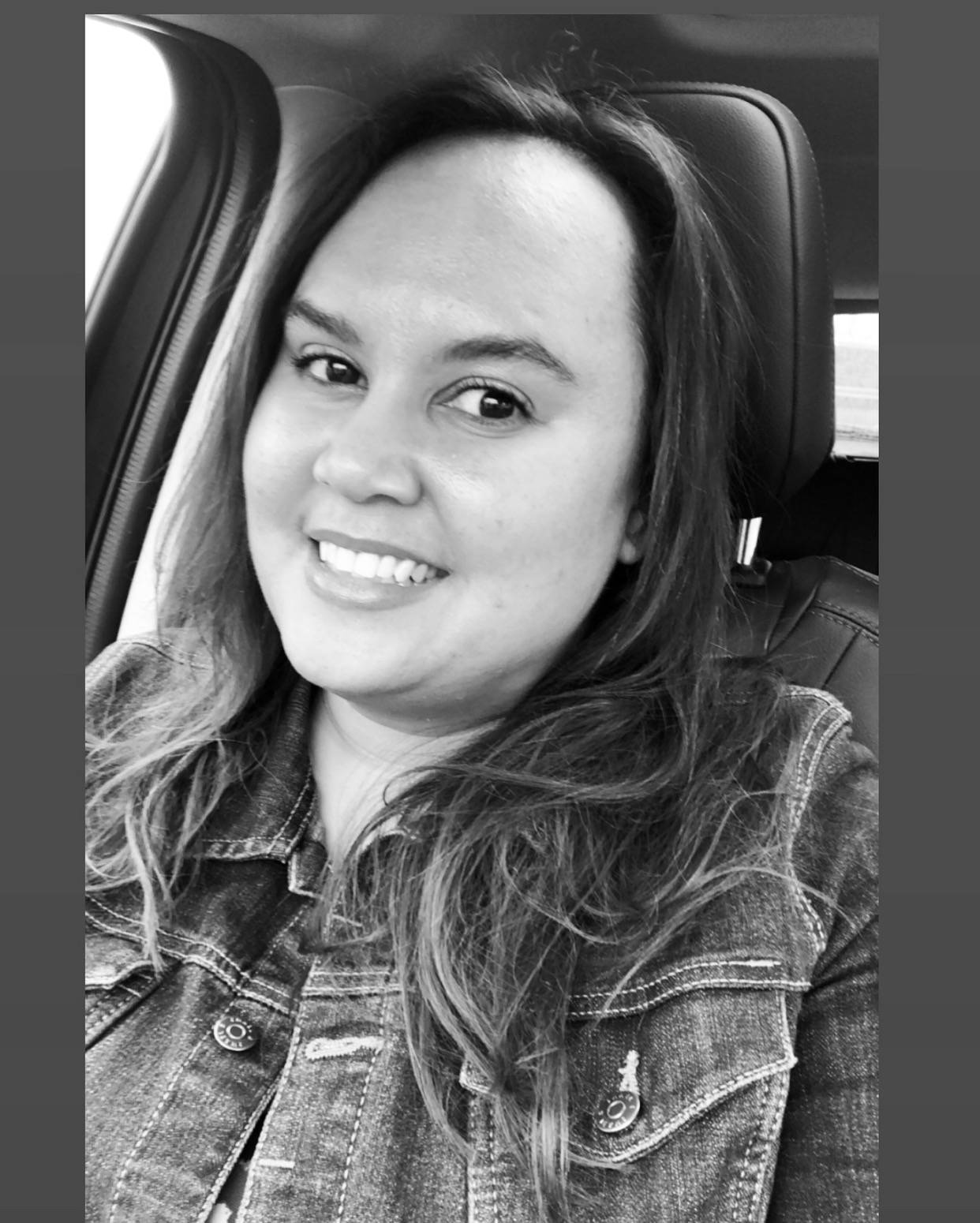
“When are you having kids?”
It’s a question almost every young woman hears, especially if they’ve recently married. Many, however, avoid giving an answer. Why? Because a barrage of further questioning is sure to follow.
Enter LeNora Faye. She (along with myself, incidentally) has chosen not to have kids, and she’s here to tell you that if you feel the same way, you’re not alone and you’re not crazy.
“For me, I just never felt that motherhood looked appealing to me.”
LeNora is the woman behind The Bitchy Bookkeeper, a childfree lifestyle blog that addresses this very issue. She’s also one of three women who started the web series Childfree Girls. Contributing from her home in Calgary, she cohosts with Kristen Tsetsi in Connecticut and Isabel Firecracker in Columbia. Don’t you just love technology?
Canada, of course, is a more liberal-minded country, and pro-choice offers more options, but rarely is there conversation around the decision to not ever get pregnant in the first place.
“We’ve got birth control so that we can decide when we want to have kids, but nobody talks about deciding to not have kids.”
She (and again, myself) wants to make it clear that those who choose not to have children don’t judge those who do. And it certainly doesn’t mean that we dislike children. Hardly. It’s simply a matter of choosing one’s own path, and for some of us, kids aren’t on it. It doesn’t mean we’re selfish, because a non-existent entity can’t be denied. And it doesn’t mean we’ll regret it someday. I, for one, can speak to that. LeNora just wants to raise awareness for those who may be secretly dreading backlash for their decision. Or those who wonder if there’s something wrong with them for not wanting what everyone else wants.
“People may feel like they don’t want to have children, but the awareness of a choice is not always there. Not with my experience.”
LeNora was not aware of a childfree community and remained focused on her ambitions and goals for years. It wasn’t until 2018 that she became overwhelmed with the desire to talk about her choice. Well aware that it’s nobody’s business whether she had kids or not, she just felt it wrong to stay silent. She started acknowledging her own feelings about it and began reaching out to other people.
“I’m all about creating positivity and making the life that you choose the best it can be. I just want to talk and have these conversations about this particular topic, because I love talking about it, and it just brings positive awareness. You can go through life, whatever stage you’re at, and make the most of it.”
Agreed!
I loved my conversation with LeNora and could have continued it for hours. And even if you don’t understand our choice, or don’t agree with what she has to say, you may get some insight into that one friend who just doesn’t want to be a mom. We’re not all cut out for the role, you know. Not anymore than some guys aren’t meant to be dads. Guess what. That’s perfectly okay.
If you want to hear LeNora’s insightful and passionate interview, click HERE. And if you want more info on the topic of childfree living, check out what this outstanding woman is up to below.
Thank you, LeNora! I wish I’d had your blog and web series when I was in my twenties. Truly.
Learn More/Follow:
Website
The Bitchy Bookkeeper Childfree Blog
Instagram
Facebook
Childfree Girls Web Series
Twitter
Kristen Tsetsi – The Girlfriend Takeaway

Kristen Tsetsi is one of those award-winning authors that I long to be more like. Not only has she written more than one novel (if my second one ever gets done, I’ll rejoice), she’s also super disciplined.
Waking at 6:00 a.m. daily, she gets a few tasks out of the way before religiously sitting down at her keyboard. It’s a Monday to Friday gig, and if she isn’t writing by noon, or isn’t finished writing by noon, she considers her writing day shot. Wisely, she takes weekends off.
Her process is obviously working. With three novels under her belt and another in the works, this prolific young woman leaves us veraciously turning pages.
Where do her ideas come from?
“Usually from an argument I want to make or something I really happen to have particular insight into.”
The latter was the case with her novel Pretty Much True, one I’ve started and struggle to put down. Semi-autobiographical, it tells the story of deployment from the perspective of a loved one left at home. Brilliant.
“I just thought it was an emotional experience that really needed more raw, intimate, maybe ugly exploration so that people would know more when they saw things on TV. Like those happy homecomings that they like to cry about.”
Her other two novels, The Age of the Child and The Year of Dan Palace, (written under the pseudonym Chris Jane) are also on my list, and they should be on yours, as well.
Why the pseudonym? She wanted to write something from a male perspective, and she didn’t want her readers to pre-judge the book based on the author’s gender.
Another pseudonym, Sylvia D. Lucas, has also served her well on a couple of non-fiction books. What Every Woman Wishes Modern Men Knew About Women and No Children, No Guilt.
“I wanted to establish that person’s identity and voice separate from my fiction voice, because all that Sylvia D. Lucas stuff had to do with being childfree, and a lot of it was first person, personal experience, so it was part privacy, but mostly it was a branding decision just so that she would have her own place.”
Kristen is also a member of a three-woman team that hosts a web series, Childfree Girls, that focuses a childfree lifestyle. It virtually includes herself in Connecticut, LeNora Faye in Alberta, Canada, and Isabel Firecracker in Columbia.
“The series is really designed to make anyone feeling weird about not wanting kids not feel weird, to ignore the pressure, and to not enter into a life they really don’t want to enter into just because people think they should.”
Love that!
Every time I interview an author I get more inspired to continue my own writing journey. Kristen was no exception. In fact, she gave me a huge kick in the ass, whether she knows it or not.
If you’re a writer (or reader), you’ll want to hear more about Kristen’s process and about her thoughts on indie versus traditional publishing. It’s all in the interview, and it’s all just a click away.
ACCESS INTERVIEW HERE
Thanks again for being on the show, Kristen! I can’t wait to see what you do next!
Learn More/Follow:
Website
Twitter
Childfree Girls Web Series
Cindy Wahler – The Girlfriend Takeaway
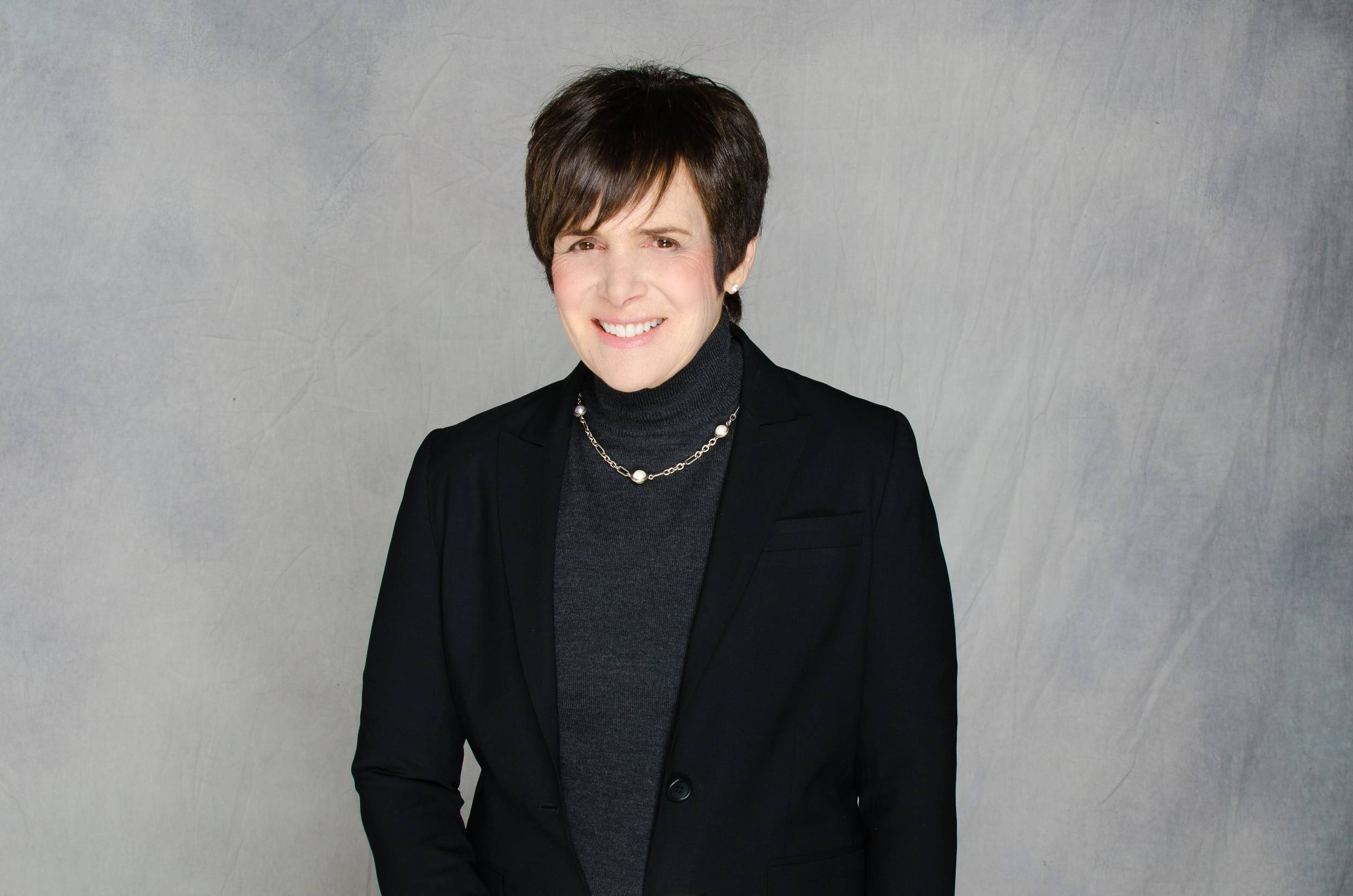
“If you regard millennials as clients, then you have a different perspective as opposed to regarding [them] as employees.”
Clients? Who is she kidding?
Well, no one. Cindy Wahler is a psychologist and expert in human behavior, and she knows a thing or ten about this now dominant generation. Yes, they have outnumbered us all, so we need to get onboard if we want them onboard.
“Resistance is common, depending on the generation that is hiring and making decisions around promotion or advancement.”
I was excited to have Cindy on the show to talk about this challenging topic. So many people, and organizations in particular, appear to be going about engagement and retention in the wrong way. I liked the idea of shifting our mindset, and you can bet that millennials do too.
“We need to look at millennials very differently in terms of what we provide that generation versus previous generations. […] Many of the brilliant minds behind some of our innovative companies and products are millennials, because they’re innovative and take risks. They’re great change agents. They’re able to flex, and they have courage.”
By why do we have to do the changing? Shouldn’t they be more like us? We’re the ones with the work ethic!
Man. If I had a dollar for every time I heard a statement like that!
Milliennials are hard workers. It’s just that their expectations and motivations are completely different. Gone are the days of “Do as I say,” while waiting for the gold watch. They’re not going to hang around blindly doling out dedication and loyalty. The organization that employs them has to be aligned with their beliefs.
“They want to make a societal difference, and they want the organization they’re connected to to make a societal difference.”
And the environment needs to adapt to their needs, as well.
“If you’re old school as an organization and you expect a millennial to sit in their cubicle from Monday to Friday, then that isn’t going to resonate. As long as they meet their deadline, where they do it shouldn’t be that critical.”
Preach! There is absolutely no need to be in house to do a job. As long as the work is getting done, who cares? Being continually under someone’s watchful eye if you’re doing a good job is an insult as an adult, pure and simple. I’m convinced I was born too soon.
Honestly, the discussion I had with Cindy was super insightful. Too often I hear employers complain, ad nauseam, about how their employees are driving them nuts. Well, it’s time to adapt, and it’s time to admit that we could learn a thing or twenty from them, as well.
“Just because they’re younger doesn’t mean they don’t have knowledge or insight. […] Organizations need to embrace reverse mentoring.”
Amen!
If you really are serious about hiring great employees, ones that will take your organization to the next level, then it’s crucial to get with the times. Not sure how to do that, or afraid of losing your position of authority? Ask for help from someone who’s got it figured out. Guess what. They might be right under your nose.
“We need to think about the value that they [millennials] have and the difference that they’re making, because they’re our viral carriers for the sustainability and future of the corporations they’re working for.”
For some seriously cool tips on shifting the climate of your organization, be sure to listen to Cindy’s interview HERE.
(Also found on iHeart Radio, Apple Podcasts, Google Podcasts, Stitcher, Spotify, or anywhere that your favorite podcasts live).
Learn More/Follow:
Website
LinkedIn
Twitter
Email: cwahler@cindywahler.com
Kristen Ali Eglinton – The Girlfriend Takeaway
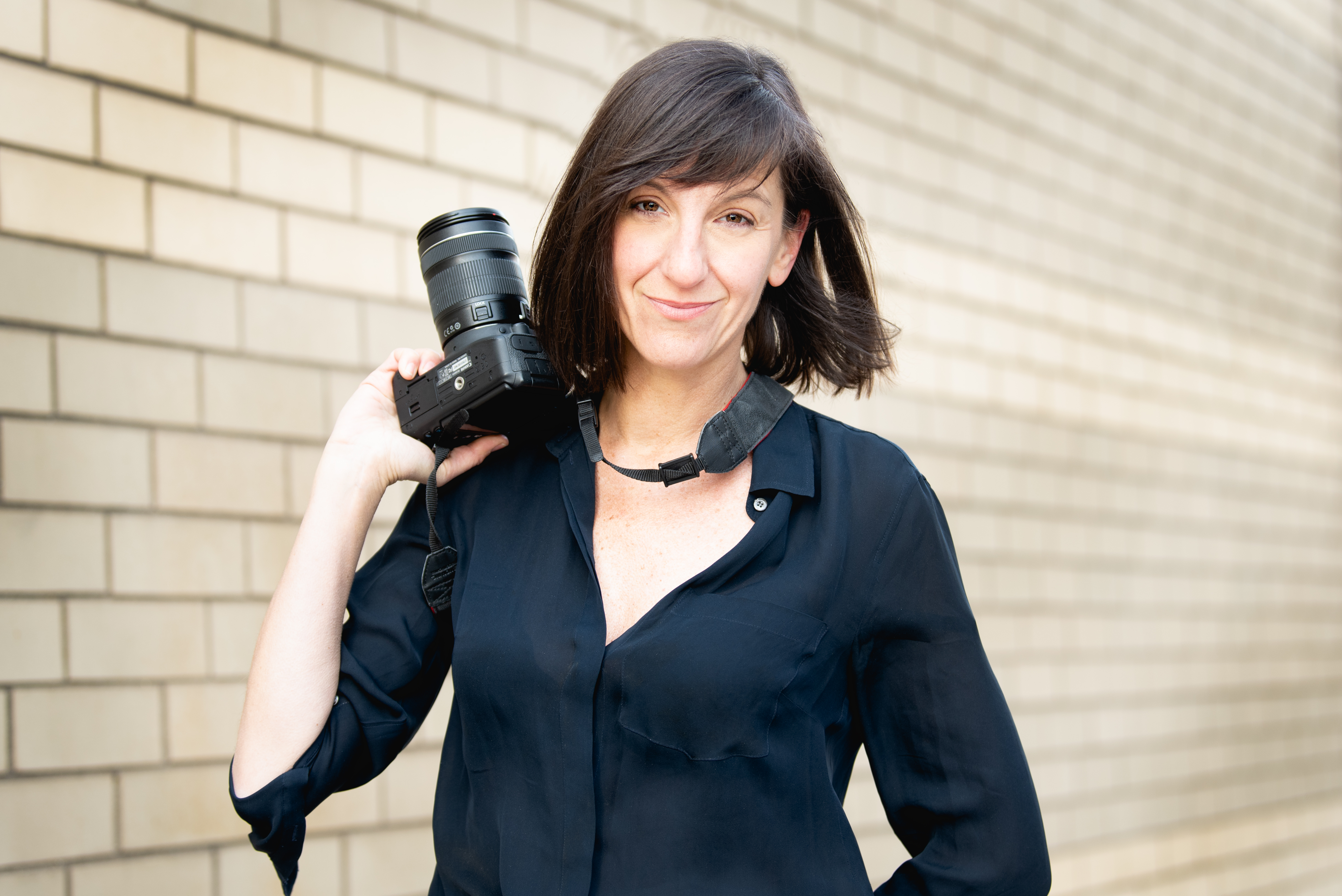
“I spend so much time pondering home.”
A gem of a quote from this week’s podcast guest, Kristen Ali Eglinton, PhD. You may not relate to what she said, but my blood has always pumped equal parts wanderlust and imagination, so I had one of those visceral reactions when I heard it. You know, the kind that lead to a slight weakening in the knees? As I look around my comfy little digs right now, all decorated to express who I yearn to be, I want nothing more than to ditch it all and do some global pondering myself.
Kristen is on the move so much that she can’t remember the last time she’s been in one place for more than a year. But her wandering isn’t aimless; her travels not without purpose.
Kristen is Co-founder and Executive Director of Footage Foundation, which launched in 2009. It’s an international non-profit that works to amplify the voices of underserved communities through storytelling. She and her fellow co-founders, four women colleagues (“beloveds” to Kristen), were all attending Cambridge University at the time of this brainchild’s arrival, and, as social scientists, they recognized the need to improve the lives of young people (particularly young women) through media arts and social science.
“We figured out from the beginning – what are the needs, what are the voices, what are the pieces? But then in getting this really gorgeous, rich data, we were also intervening. […] Suddenly, there were young people being heard and being of service, so all of these benefits were coming out of it.”
It is now an extremely dynamic non-profit that uses unique multi-media tools to amplify the voices of youth, which, in turn, inspires change. That change comes not just to the individual but to their communities, as well. And it’s literally global, not to mention incredibly inspiring.
“I see young women in countries around the world, feeling so deeply connected to others they’ve never met.”
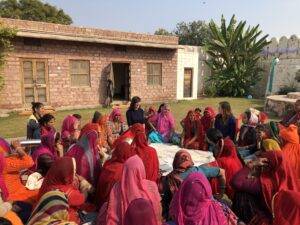
Within Footage Foundation are a list of interventions, including Girl-Talk-Girl, which focuses on gender-based violence, and Her{Connect}Her, a program for refugee women and the forcibly displaced.
“Just because someone’s in a refugee camp, doesn’t mean they don’t want to feel good about themselves. It’s a matter of dignity.”
This is serious and impactful work that encompasses all levels of compassion, something our current social climate needs a hell of a lot more of.
“We talk a lot about compassion and connection in our work and narrative form, and I think sometimes people think these things are fluffy and they’re not. They change your brain; they change your life. They can change our global landscape.”
As you can well imagine, this is demanding work, but Kristen considers almost all of what she does to be a creative act, whether writing (she’s a textbook author among so many other things), the work that she does with Footage, or as a consultant working with other organizations. It comes, she says, from her personal development, curiosity, and the desire to know herself better.
“I had a colleague tell me once that sometimes we think of the programming as a trip down my pathology.”
Another damned fine quote! And did I mention her sense of humor? Only matched by her intellect and abundant curiosity.
I did ask if there had been a key interaction or person who inspired her belief that sharing stories is a basic human need, but she said that it’s just something she instinctively knew.
“My background is in art, so I’ve always been a maker and an expresser. I write daily, and I’m always creating stuff. I see these as forms of expression, storytelling through whatever medium. Maybe simply oral histories or recounting the past – how the past can shape us. These are tools of our identity, these are the mirrors that we hold up to see our strengths and, of course, to see those sticky areas, those things that are kind of holding us back, imprisoning us. That’s how I’ve always looked at stories and media arts and expressive arts.”
Empowerment. That’s what I’m seeing here. Young women having the freedom to express – the freedom to find their own inner strength – the power to bring it out in others. These are the voices that need to be heard. This is the change we’re in need of.
Kristen is changing our world through her work, and it’s work that she’s obviously very passionate about. In the spirit of sharing stories, I’ll be forever grateful that she came on this podcast and shared hers. She may ponder home, but it’s very clear to me where she lives: Anywhere and everywhere she can walk through the door carrying what’s needed most.
“I think that if you continue doing the authentic work and the kind of work that you’re meant to do, and you just keep your eyes ahead, and you work with compassion, it keeps going, doesn’t it? It keeps growing.”
If you haven’t listened to Kristen’s interview, you still can by clicking HERE.
Also available on iHeart Radio, Apple Podcasts, Google Podcasts, Stitcher, Spotify, or wherever your favorite shows live.
Learn More/Follow:
Website
Footage Foundation
Girl-Talk-Girl
Her{Connect}Her
Teru Clavel – The Girlfriend Takeaway
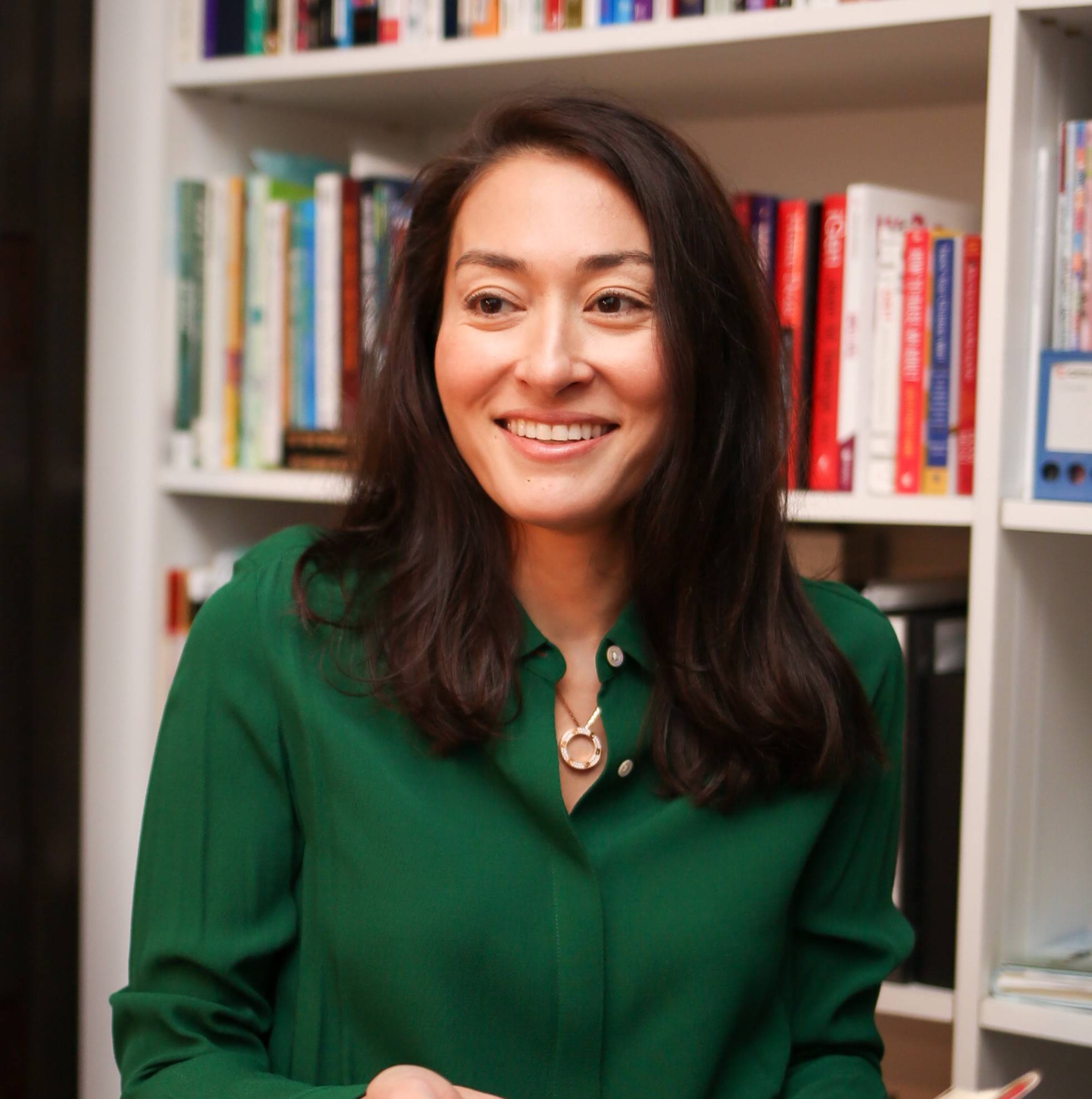
“How are your kids being educated, and who are their role models? This is stuff that should be discussed on a regular basis and dissected.”
When the opportunity arose in 2006 for Teru Clavel and her family to move to Hong Kong, they jumped at it. She had two small boys at the time and would deliver her daughter while there. Further opportunities then took them to Shanghai and Tokyo before their eventual return to New York in 2018.
Following each of their moves in Asia, Teru enrolled her children in local public schools. This led to many insights and the ability to objectively compare approaches.
Now, as a comparative education specialist, speaker, and author of the book World Class: One Mother’s Journey Halfway Around the Globe in Search of the Best Education for Her Children, she’s sharing her observations for the benefit of parents and educators.
Among the many differences we discussed, which also included government mandated textbooks and a more organized system, I was struck by the marked difference in use of technology.
“Japan and China use less […] than almost any other country or economy. That’s in the classroom; not outside the classroom. Here, a lot of schools try to have a one-on-one tech policy where every child from kindergarten has access to an iPad or Chrome Book. […] These very students, who have limited technology exposure in the classroom, actually become some of our world’s strongest mathematicians and scientists.”
I was genuinely surprised by this information, and the extent of my own stereotypes. She also corrected me on another: I assumed creativity to be something only we were encouraged to express.
“The US has this misperception that it’s all rote learning and direct instruction and they don’t have any creativity, but it’s actually the complete opposite. When we think about budget shortfalls, what gets cut in the US? It’s typically the arts, and it’s a fundamental part of the curriculum in Japan.”
In hindsight, I remembered my interview with Betty Edwards, author of Drawing on the Right Side of the Brain, where she expressed the exact same findings in Japanese culture.
Teru does make a point of adding that she doesn’t want people to get the wrong impression.
“The last thing I want is for anybody who reads the book to think that we’re behind or that these other countries have it better.”
Her recommendation?
“Talk about the value of an education. What does it mean? What are your goals? What are your expectations? How do you meet those expectation?”
And advice?
“What books have you read? What kind of books are they? How much time are you spending reading? And if your kids aren’t reading, are you reading? Are you showing them that reading is actually important?”
If you have children, or plan on having children, her book is a great place to start. But while you’re waiting for it to be delivered, listen to her full interview HERE.
Teru’s inspiring interview is also available on Apple Music, Google Music, Stitcher, Spotify, or wherever your favorite shows are hosted.
Learn More/Follow:
Website
Book
LinkedIn
Facebook
Instagram
Twitter
